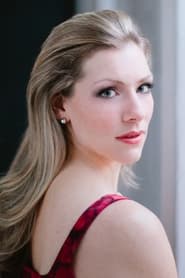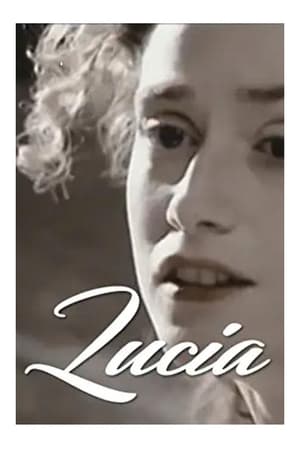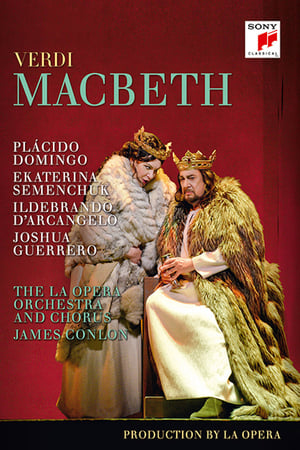

Humperdinck: Hansel und Gretel(2008)
As bright and colorful as penny candy, this visually arresting production of Engelbert Humperdinck's "Hansel und Gretel" puts a twist on the classic fairy tale upon which it's based by uprooting the action to modern times. Director Laurent Pelly's interpretation, which premiered at Glyndebourne in 2008, finds Hansel, Gretel and their family taking shelter in a cardboard box while the witch's stock of goodies lines the shelves of a supermarket.

Movie: Humperdinck: Hansel und Gretel
Top 8 Billed Cast
Mother
Father
Sandman
Dew Fairy

Humperdinck: Hansel und Gretel
HomePage
Overview
As bright and colorful as penny candy, this visually arresting production of Engelbert Humperdinck's "Hansel und Gretel" puts a twist on the classic fairy tale upon which it's based by uprooting the action to modern times. Director Laurent Pelly's interpretation, which premiered at Glyndebourne in 2008, finds Hansel, Gretel and their family taking shelter in a cardboard box while the witch's stock of goodies lines the shelves of a supermarket.
Release Date
2008-01-01
Average
0
Rating:
0.0 startsTagline
Genres
Languages:
DeutschKeywords
Similar Movies
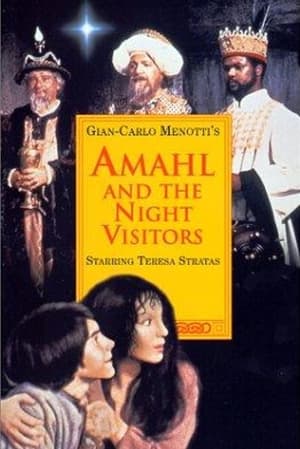 6.0
6.0Amahl and the Night Visitors(en)
One night in Judea, a disabled shepherd boy-turned-beggar and his mother are visited by three strangers. They are the Three Kings, and they are on their way to Bethlehem to visit the Christ Child, who has just been born.
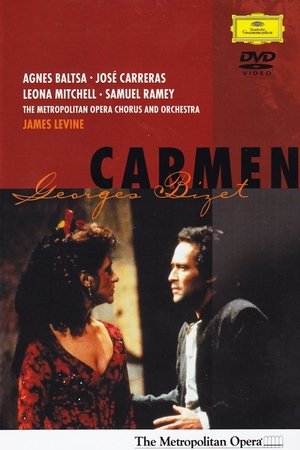 8.3
8.3Carmen(fr)
This all-star cast is framed by Peter Hall’s gritty, realistic production and conducted by James Levine, who brings out all the surging emotion and gripping drama in Bizet’s score. At the center of the story is Agnes Baltsa, whose smoky mezzo is tailor-made for the gypsy Carmen, an independent woman who glories in obeying only her own rules, but who is haunted by fate. Superstar tenor José Carreras is Don José, the solider from a small town who catches Carmen’s eye and is destroyed by his growing obsession with her. Samuel Ramey is the charismatic matador Escamillo, who lures Carmen away from Don José with tragic result. Leona Mitchell is Micaëla, the simple girl from Don José’s hometown who cannot save him. March 21, 1987 Matinee Broadcast.
 0.0
0.0La Bohème - The Movie(it)
“La Bohème” follows a group of artists struggling to make a living in 19th-century Paris. The poet Rodolfo falls in love with the fragile seamstress Mimi. Love and joy are intertwined with poverty and illness in this story filmed live.
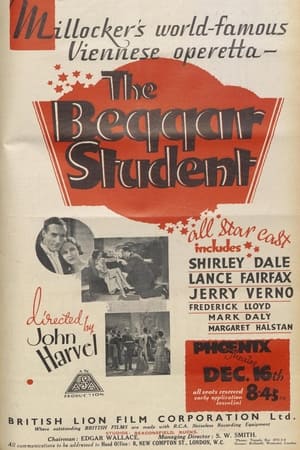 0.0
0.0The Beggar Student(en)
Simultaneously filmed English language version of a period operetta, in which a Polish noblewoman is romantically linked with a revolutionary student activist.
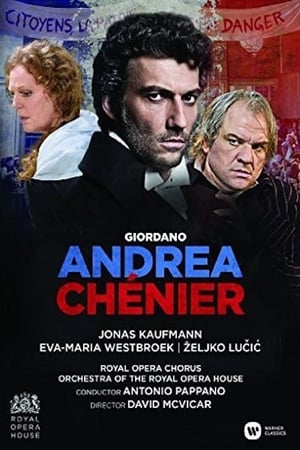 10.0
10.0Giordano: Andrea Chernier(it)
“Kaufmann is performing the title role for the first time, and it’s hard to imagine him bettered. His striking looks make him very much the Romantic and romanticised outsider of Giordano’s vision. His voice, with its dark, liquid tone, soars through the music with refined ease and intensity: all those grand declarations of passion, whether political or erotic, hit home with terrific immediacy.” – The Guardian Presented in its Covent Garden premiere in January 2015, this staging – directed by David McVicar and conducted by the Royal Opera’s Music Director, Sir Antonio Pappano – shows a bloody tricolour daubed with the words “Even Plato banned poets from his Republic” – written by Robespierre on the death warrant of the historical Chénier, a poet and journalist sent to the guillotine in 1794 for criticising France’s post-revolutionary government.
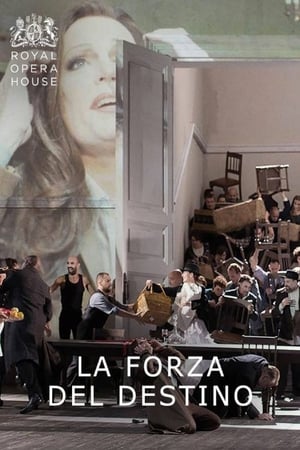 0.0
0.0The ROH Live: La forza del destino(it)
Verdi's sweepingly ambitious opera on war, religion, love and fate is given a cinematic staging by Christof Loy. The Marquis of Calatrava forbids his daughter Leonora to marry the South American nobleman Don Alvaro. The lovers attempt to elope, but the Marquis catches them. In the ensuing altercation, Alvaro accidentally kills the Marquis, who curses his daughter as he dies. Leonora and Alvaro become separated during their escape. Leonora's brother Don Carlo di Vargas decides to find them and avenge his father.
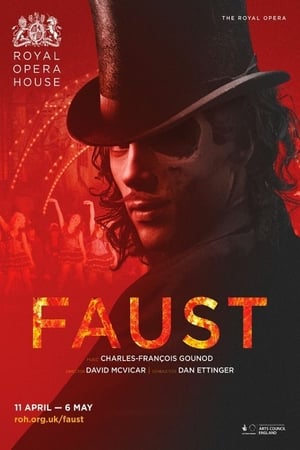 0.0
0.0Faust | ROH |(es)
Disillusioned with life, the aged philosopher Faust calls upon Satan to help him. The devil Méphistophélès appears and strikes a bargain with the philosopher: he will give him youth and the love of the beautiful Marguerite, if Faust hands over his soul. Faust agrees, and Méphistophélès arranges matters so that Marguerite loses interest in her suitor Siébel and becomes infatuated with Faust. Faust initially seems to love Marguerite in return, but soon abandons her. Her brother Valentin returns from the war and is furious to find his sister pregnant. Will Faust repent his destructive actions, and can his soul, and Marguerite's, be saved?
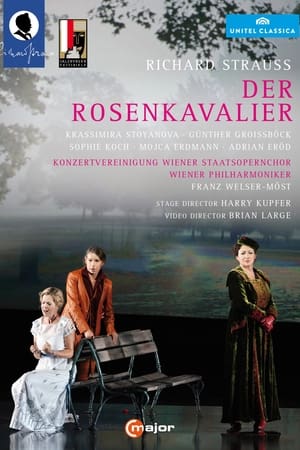 8.0
8.0R. Strauss: Der Rosenkavalier (Salzburger Festspiele)(de)
With their “comedy for music” in the spirit of Mozart, Richard Strauss and his inspired librettist Hugo von Hofmannsthal created the most popular of all their works and one of the most frequently performed operas of all time. In the guise of a gossamer-light and supremely entertaining high-class comedy, Der Rosenkavalier touches on universal themes such as love, sex, marital fidelity and the changes that human relations undergo over time – and all of it set to music of the most glorious kind imaginable. With its stellar cast under the inspired direction of Harry Kupfer, the 2014 Salzburg Festival’s production of Der Rosenkavalier was one of the most internationally acclaimed interpretations of the work since the start of the new millennium. “A musical feast from beginning to end“ (Wiener Zeitung).
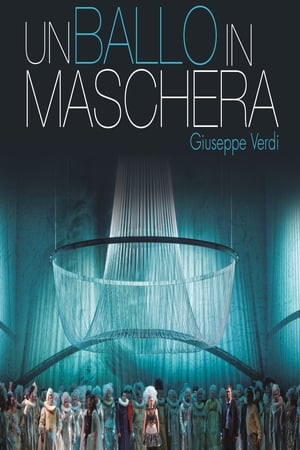 7.0
7.0Un Ballo in Maschera - Barcelona(en)
Envy and conspiracy, but also passionate loves, jealousy, revenge and final forgiveness come together in the masterpiece of Verdi, which aroused the anger and prohibitions of censors of the time until the composer and librettist was compelled to make changes in it: from the original Sweden to far away Boston. The great Polish tenor Piotr Beczala returns to the Liceu with one of his opening credits, accompanied by the soprano Keri Alkema. Vincent Boussard’s sets reinforce the dark and mysterious atmosphere surrounding the piece, which features costumes by Christian Lacroix and Vincent Lemaire’s sober staging, which allows one to focus their attention on the dramatic core of the score. The cast, directed by a true specialist like Renato Palumbo, also presents a leader in Verdian song: Dolora Zajick.
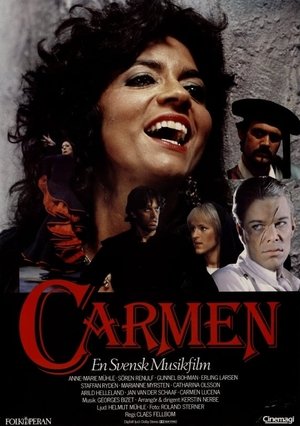 0.0
0.0Carmen(sv)
Spain 1820. It's meal time at the cigar factory. Carmen spends her break in the square. Close by is Don José cleaning his weapons.
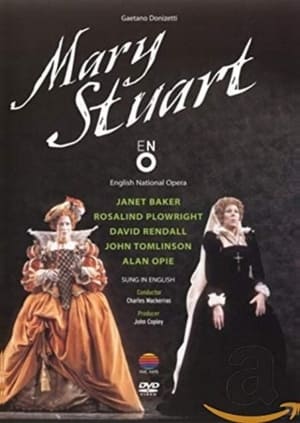 0.0
0.0Donizetti : Mary Stuart(en)
David Rendall, John Tomlinson, Janet Baker, Peter Butler, Rosalind Plowright, Angela Bostock, Glenn McKeown, Giuseppe Bardari, Tom Hammond, Alan Opie, Leigh Maurice
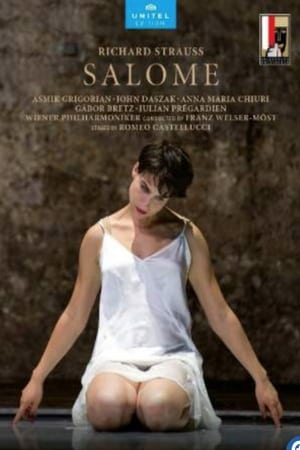 6.0
6.0Salome(de)
Based on Oscar Wilde's lurid play, it is an intense exploration of the Salome story. Its sumptuous vocal and orchestral writing seethes and pulsates as Strauss conjures up the brutality of Herod's corrupt court. Richard Strausss opera at the Salzburg Festival, staged by Romeo Castellucci at the Felsenreitschule, was nothing short of a sensation. Debuting in the title role, Asmik Grigorian propelled herself to international stardom with her mesmerizing singing and acting abilities. The exceptional soprano recently won the International Opera Award as best singer.
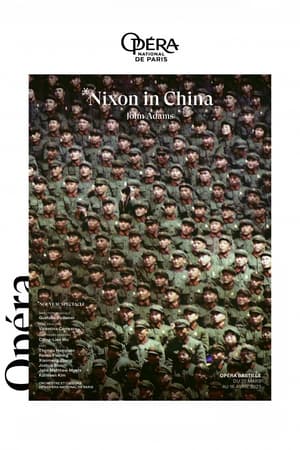 4.0
4.0John Adams: Nixon in China(en)
In February 1972, the American president Richard Nixon went to China to meet Mao Zedong. In the context of the war in Vietnam and the cold war, this encounter marked a turning point in Chinese‑American relations. John Adams, a major musical figure of the last forty years, made this event of contemporary history the subject of his first opera. Nixon in China tackles the political thaw instigated by ping-pong diplomacy, begun by the invitation of the American table tennis players by their Chinese counterparts, one year before the presidential visit. A mesmerising work in which the pulsations and repetitions typical of minimalism are combined with melodic lines of great lyricism. For its entry into the Paris Opera repertoire, this work has been entrusted to the director Valentina Carrasco, who underlines the importance and the mediating power of Chinese national sport in history.
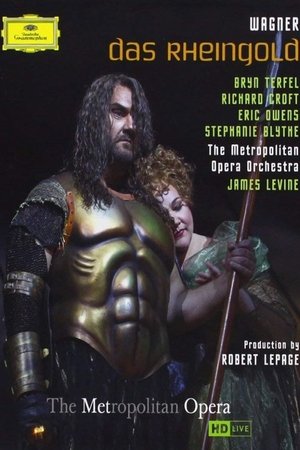 8.8
8.8The Metropolitan Opera: Das Rheingold(en)
In the depths of the Rhine, the three Rhinemaidens guard the Rhinegold, a treasure of immeasurable value. The Nibelung dwarf Alberich is dazzled by the sight of it. The girls explain that whoever wins the gold and forges it into a ring will gain power over the world, but must first renounce love. Frustrated by his unsuccessful attempts to catch one of the girls, Alberich curses love and steals the gold. Wotan, lord of the gods, is reproached by his wife Fricka: he has promised to give Freia, goddess of youth, to the giants Fasolt and Fafner in return for their building a fortress for the gods. When the giants demand their reward, Loge, the god of fire, suggests an alternative payment: the ring Alberich has forged from the Rhinegold, and his other treasures. The giants agree, and Wotan and Loge leave for the Nibelungs’ underground home.
Bluebeard(fr)
When Barbe-bleue loses his fifth wife, the turbulent Boulotte is selected at random to be the next one. But Barbe-Bleue falls in love with Hermia – who loves the shepherd Saphir – and soon wearies of Boulotte. So, he asks his alchemist to concoct for him an “anti-wife” philtre. But, as on the previous occasions, it is merely a sleeping potion and Boulotte wakes up the other five “dead” wives. They reappear, dressed up as gypsies and bring the truth to light.
 0.0
0.0Looking for Don Giovanni(en)
In Baden-Baden, Nayo Titzin follows the producers of the opera Don Giovanni, created for the Innsbruck Festival of 2006. He is looking for a musical truth... What if Mozart's masterwork Don Giovanni had been interpreted in a wrong way for more than two centuries? Conductor René Jacobs, famous for his performance of Così fan tutte and laureate of a Grammy Award for his innovative recording of The Marriage of Figaro, comes back with new ideas on the comprehension of one of the greatest operas of all times. In this relevant documentary, Nayo Titzin clarifies and highlights all the brightness of those melodies and recitatives. Rewarded with many praises in the international press, this production shows the dramaturgical perfection of the "opera of the operas," the absolute of the genre, as Wagner once said. Once more, the Bulgarian director offers a fun and subtle report, and makes sure that everyone will understand this myth.
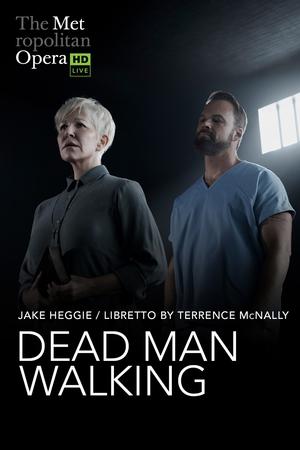 6.5
6.5The Metropolitan Opera: Dead Man Walking(en)
American composer Jake Heggie’s compelling masterpiece, the most widely performed new opera of the last 20 years, arrives in cinemas in a haunting new production by Ivo van Hove. Based on Sister Helen Prejean’s memoir about her fight for the soul of a condemned murderer, Dead Man Walking matches the high drama of its subject with Heggie’s beautiful and poignant music and a brilliant libretto by Tony and Emmy Award–winner Terrence McNally. Met Music Director Yannick Nézet-Séguin takes the podium, with mezzo-soprano Joyce DiDonato starring as Sister Helen. The outstanding cast also features bass-baritone Ryan McKinny as the death-row inmate Joseph De Rocher, soprano Latonia Moore as Sister Rose, and legendary mezzo-soprano Susan Graham—who sang Helen Prejean in the opera’s 2000 premiere—as De Rocher’s mother.
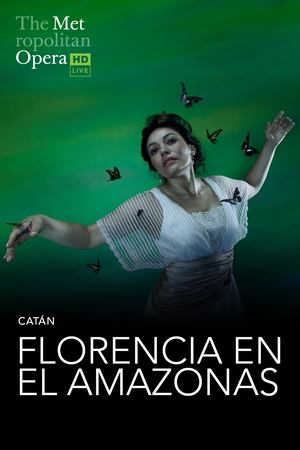 0.0
0.0The Metropolitan Opera: Florencia en el Amazonas(es)
Inspired by the magical realism of Gabriel García Márquez, Mexican composer Daniel Catán’s 1996 opera tells the enchanting story of a Brazilian opera diva who returns to her homeland to perform at the legendary opera house of Manaus—and to search for her lost lover, who has vanished into the jungle.
